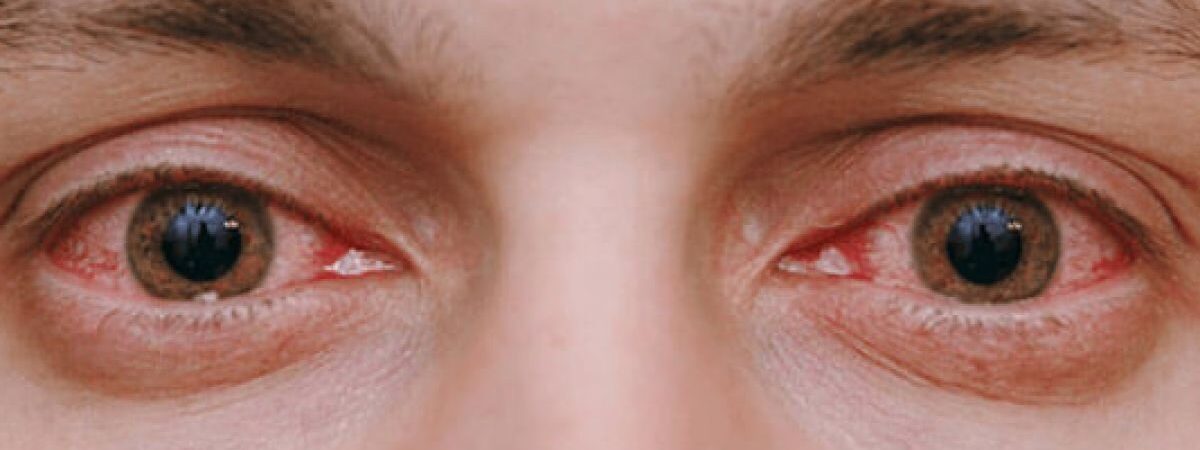The eyes are intricate organs, and many parts must work together to produce clear vision. If even slight damage occurs to the eyes, it can impact how you view the world. But before we get into the 5 common eye diseases you need to know about, let’s see how the eye works.
Parts of the Eye
The significant parts of the eye are listed below. Malfunctions in any of these parts can cause many common eye conditions.
1- Cornea
The cornea is a layer of clear tissue at the front of the eye, and it is responsible for focusing the light.
2- Tear Ducts
Tear ducts are located in the upper and lower eyelids at the inner corner of both eyes. The lacrimal gland perspires tears from the outer upper eyelid to the eye’s surface. Tears keep the cornea lubricated and free from debris. The tear ducts discharge the tears away.
3- Iris and Pupil
Iris is the colored part of the eye, and it is a set of muscles that control the pupil. Moreover, it manages the amount of light coming in through the pupil.
4- Lens and Retina
The lens is behind the pupil, responsible for focusing light onto the retina, the light-sensitive cells on the back of the eyeball. The retina transforms images into electrical signals transmitted to the optic nerve.
5- Optic Nerve
The optic nerve is a thick cluster of nerve fibers attached to the back of the eye, and it sends visual information from the retina to the brain.
Common Eye Problems
A large percentage of the human population will experience eye problems at some point in their lives. Some of these eye problems are usually minor and will heal independently or be treated at home, and others will require care from an eye specialist.
Here are the 5 most common eye problems you should know about:
1- Macular Degeneration
It is also known as Age-Related Macular Degeneration (AMD). Macular degeneration occurs when the retina’s central portion (macula) gets damaged over time. More cases of macular degeneration are seen than cataracts and glaucoma combined. Presently, macular degeneration is an incurable eye disease.
Common symptoms include partial vision loss, blurry vision, problems seeing in dim light, and things appearing smaller than actual.
2- Cataracts
Cataracts are a common eye problem. People typically suffer from visually impairing cataracts in one or both eyes. When the eye forms clots, it stops the eye lens from sending information to the retina. Cataracts are usually seen as the appearance of a dense, cloudy area in the eye’s lens. When this happens, light cannot pass through to the retina, and the victim cannot see objects in front of them.
3- Glaucoma
Glaucoma transpires when the eye’s optic nerve gets damaged, usually due to fluid buildup and increased pressure from the inside. It limits the optic nerve from sending images to the brain. The buildup of stress often leads to permanent vision loss if it continues without treatment. Glaucoma advances relatively fast and can make victims blind in just a few years.
The most prominent symptoms of glaucoma include tunnel vision, peripheral vision loss, blurry eyes, halos around the eyes, and redness of the eyes.
5- Dry Eyes Syndrome
Dry eye syndrome is induced by a lack of moisture and lubrication on the eye’s surface. Some patients may encounter subtle but constant eye irritation; others may undergo significant inflammation leading to scarring of the eye’s front cover.
There is a considerable variation in the number of people affected by dry eye syndrome, with estimates ranging from 5% to high 50% in different parts of the world. People who wear contact lenses are at risk of getting dry eyes, and it also occurs due to aging.
5- Retinal Detachment
It is a rare condition in which the retina gets detached from its place in the eye. It may occur slowly as small areas are torn before the entire retina is separated. It will impact a person’s vision, and the longer you suffer from it, the higher your chances are of complete vision loss. The process may sound painful, but patients usually feel no pain during retinal detachment.
Various warning signs include:
- Blurred vision.
- A sudden appearance of light flashes.
- A curtain-like shadow in one’s field of vision.
The human eyes play a vital role and are particularly sensitive to diseases and damage. They demand extra care and attention if you want them to last long. It is always better to consult experts for a better eye care treatment or routine. You can book an appointment with the best Eye specialist in Lahore through Marham.


